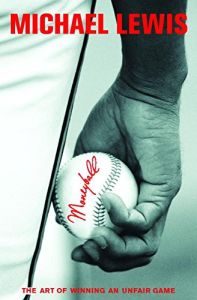
Moneyball
The Art of Winning an Unfair Game
Recommendation
Author Michael Lewis takes you inside the hidden process of the 2002 baseball draft as seen by Oakland Athletics general manager Billy Beane and his egghead staff, and by Beane’s snuff-sniffing, monosyllabic, case-hardened baseball scouts. Lewis moves with grace and speed, back and forth across 30 years of baseball history, delving into baseball lore, statistics, drafting processes, the baseball business, baseball’s current cast of characters and the way they all interplay. Lewis shows how baseball and derivative investment strategies can be viewed in the same framework. In the friendly confines of baseball, he presents a million dollar lesson about the inefficiency of sloppy data. Defective athletes as redeemed heroes, baseball as a metaphor for business, what a concept! getAbstract.com recommends this intriguing book to everyone who loves baseball, numbers, box scores, statistics, business theory and a good yarn about unlikely heroes who are changing sports’ business and sports’ history.
Summary
About the Author
Michael Lewis is the author of the bestseller Liar’s Poker: Rising Through the Wreckage on Wall Street, based in part on his experience as an investment banker for Salomon Brothers. He is a contributing writer to the New York Times Magazine, a columnist for Bloomberg and a visiting fellow at the University of California at Berkeley. His writing appears in The New Yorker, Slate and Foreign Affairs. He has served as editor and columnist for the British weekly The Spectator and as senior editor and campaign correspondent for The New Republic. He filmed and narrated short pieces for ABC-TV’s "Nightline" and hosted a series on presidential politics for NPR.








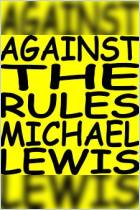
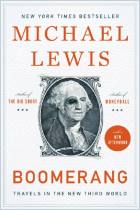
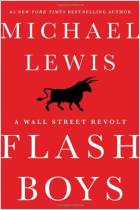
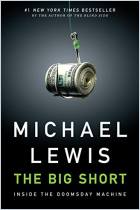
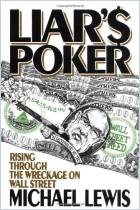

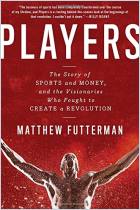
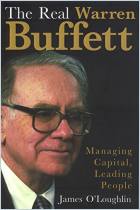

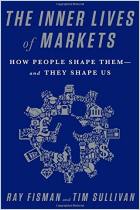
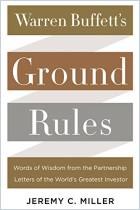






Comment on this summary or Start Discussion